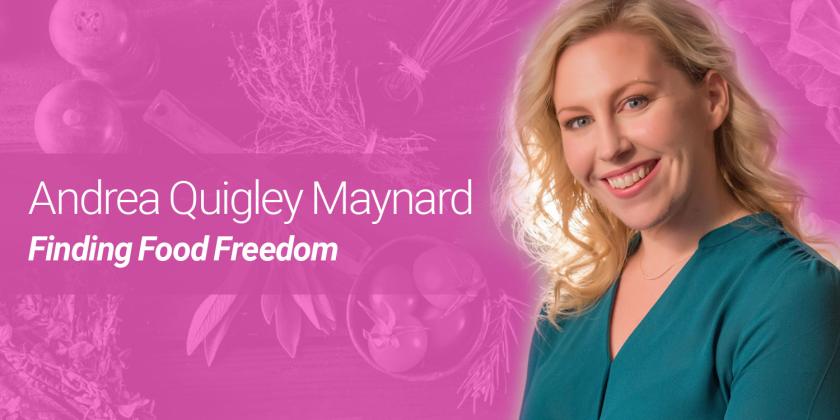Finding Food Freedom

Andrea Quigley Maynard: Finding Food Freedom
Don't Miss a Thing!
Get the latest articles, recipes, and more, when you sign up for the tasteforlife.com newsletter.

Andrea Quigley Maynard: Finding Food Freedom
Get the latest articles, recipes, and more, when you sign up for the tasteforlife.com newsletter.